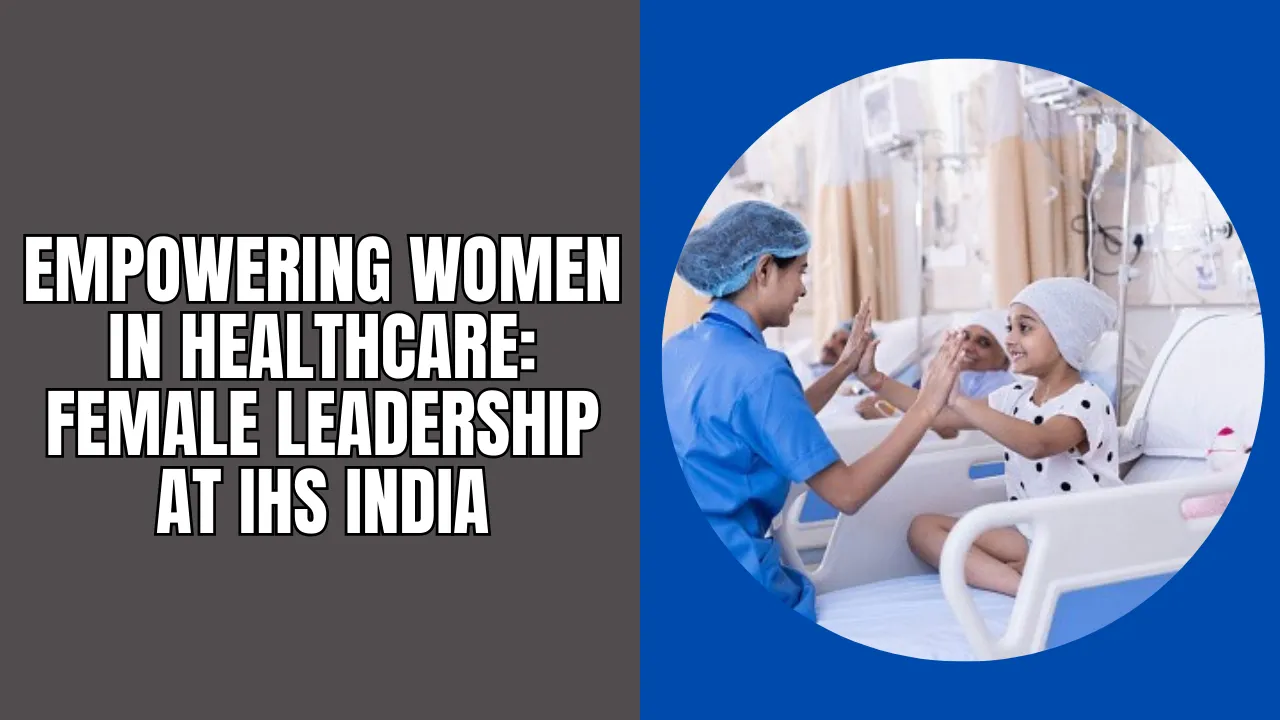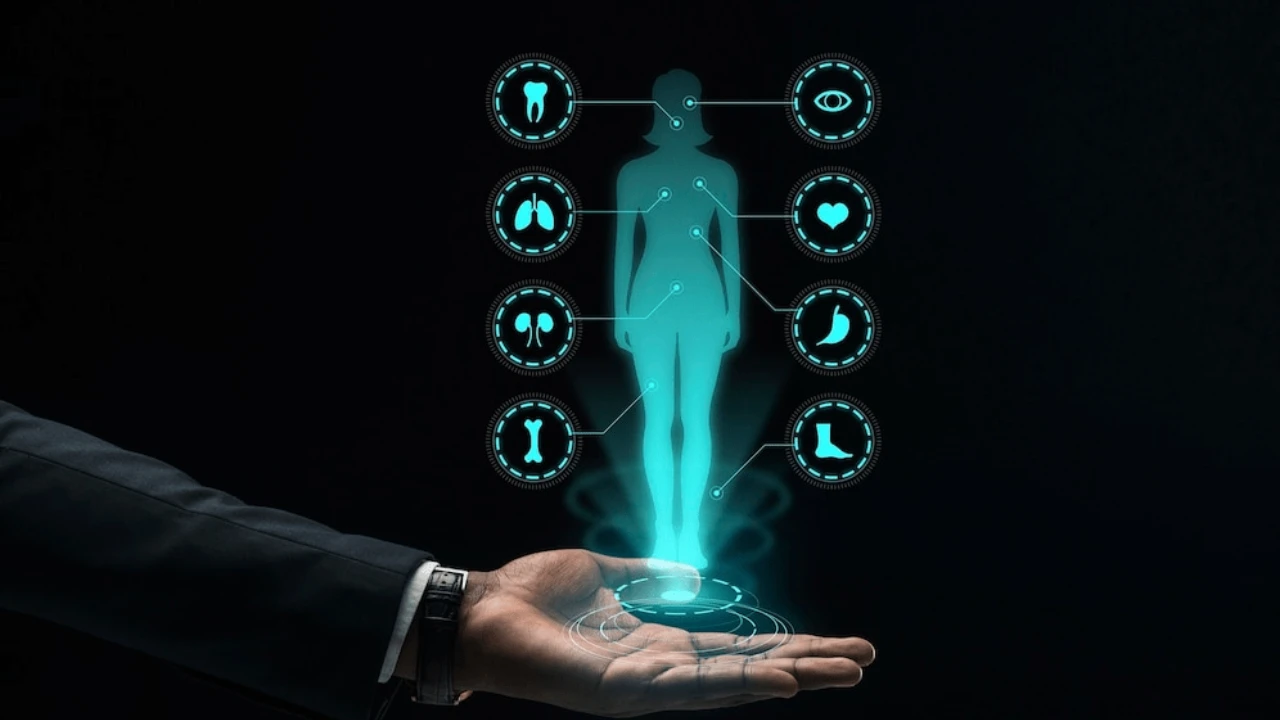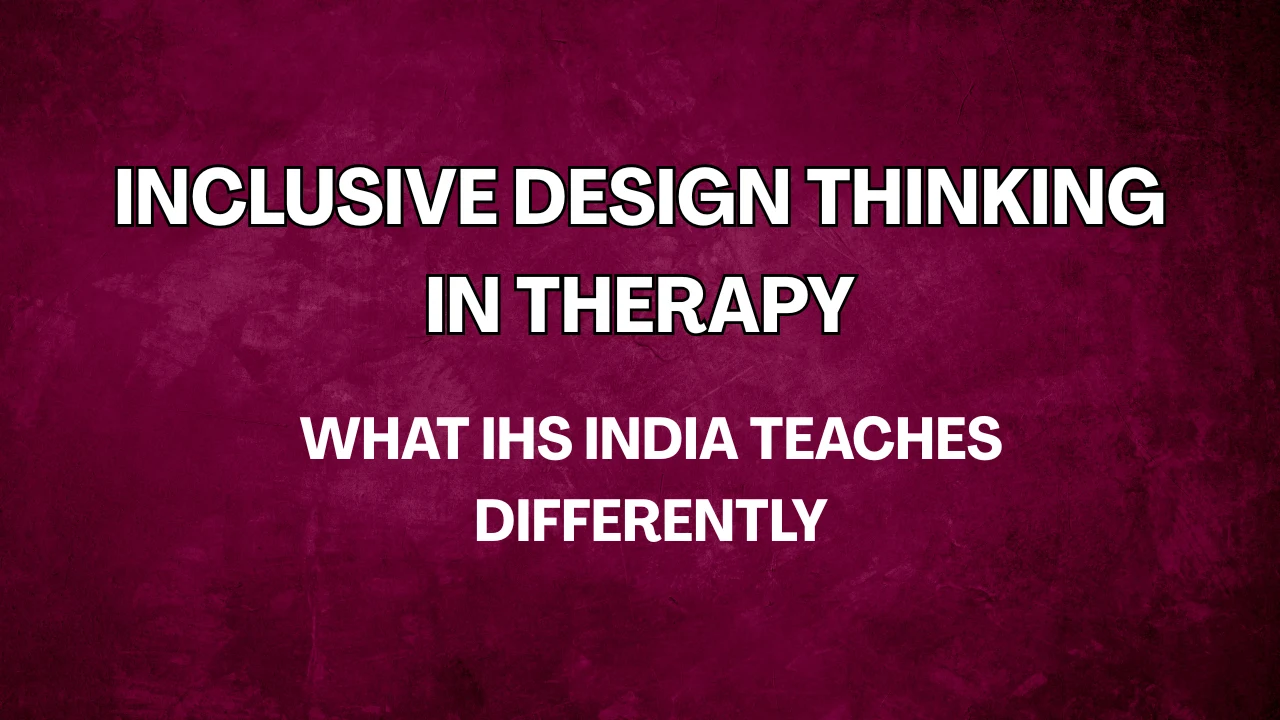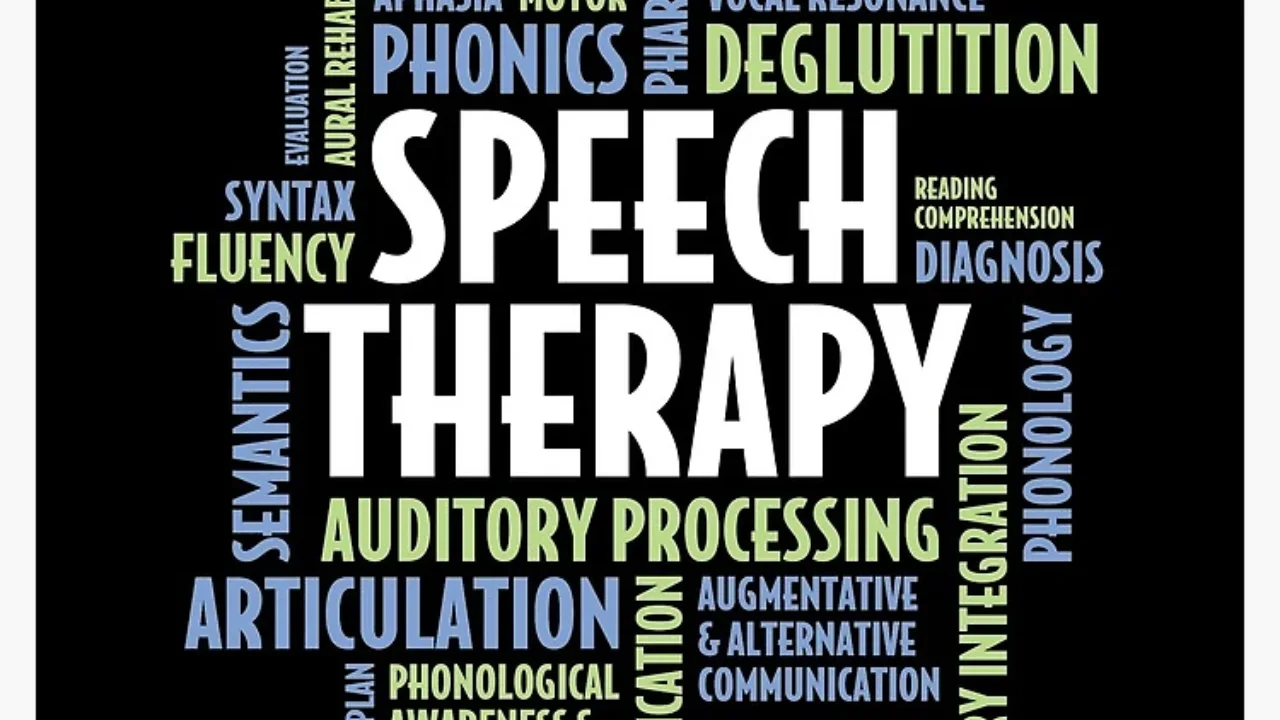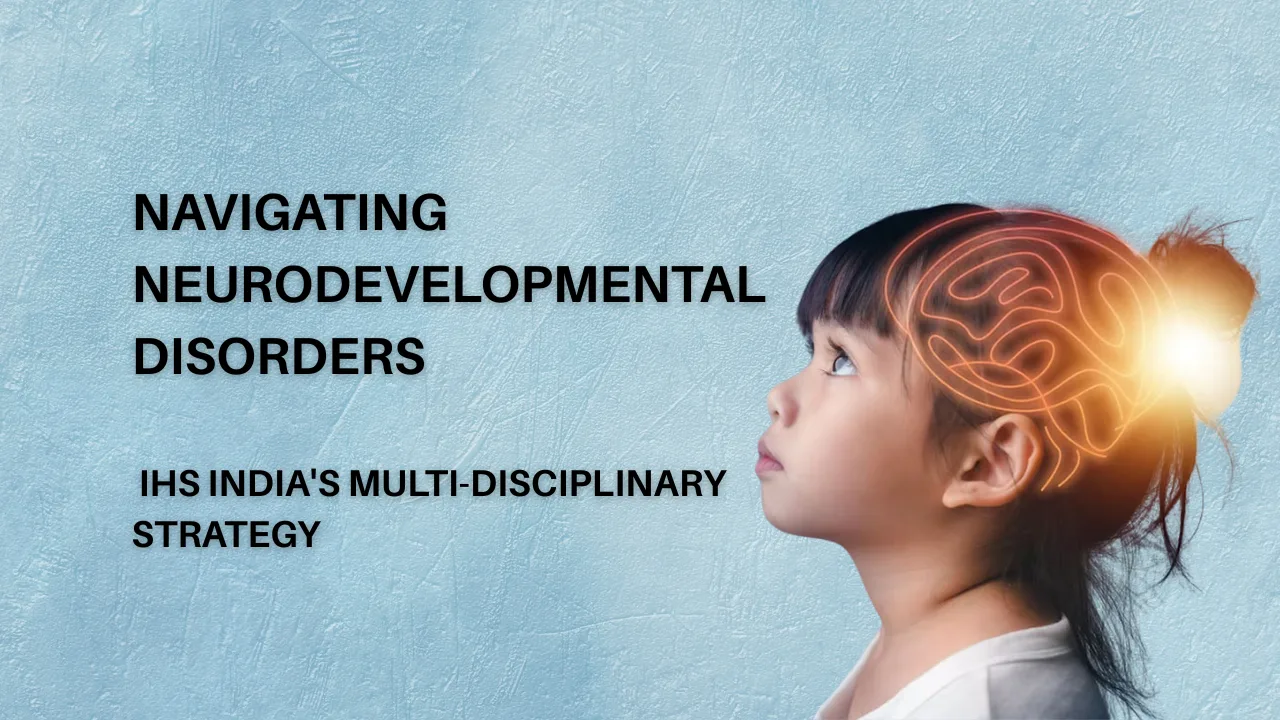Empowering women in healthcare is not just an ideal—it is a necessity in building a robust and compassionate healthcare system. Across the world, women are the backbone of patient care and community health. Yet, their leadership is often underrepresented in the very institutions they help uphold. That’s where institutions like IHS India are changing the narrative.
At IHS India, female professionals are not only part of the system—they are actively shaping it. Whether as educators, therapists, or institutional leaders, their influence is visible, impactful, and steadily growing. This article dives into how IHS India is building a platform where women are empowered to lead and innovate in healthcare. From mentoring students to advancing therapy methods and managing academic departments, these women are pioneering a more inclusive and high-performing healthcare environment.
Empowering Women in Healthcare at IHS India
At IHS India, the drive toward empowering women in healthcare has moved beyond statements and policies—it’s woven into daily operations, leadership, and student experiences. The institute is home to numerous female healthcare professionals who are breaking norms and leading across disciplines. Their contributions, whether in classrooms or therapy centers, are evidence of how female leadership transforms not only the workplace but the lives they touch through care and education. This initiative not only strengthens IHS India’s academic and clinical reputation but also redefines what’s possible for women in healthcare careers across India.
Women Educators Driving Future Healthcare
Female educators at IHS India are central to nurturing the next generation of healthcare talent. These women, with years of academic and clinical experience, bring more than knowledge to their teaching—they offer mentorship, inspiration, and a deep understanding of human-centered care. They specialize in disciplines such as audiology, occupational therapy, and speech-language pathology, where communication and empathy are just as important as technical expertise.
Their approach combines traditional teaching with real-world application. Students benefit from hands-on learning guided by professionals who understand both the science and soul of caregiving. By encouraging discussion, critical thinking, and problem-solving, these women educators are not just preparing students to pass exams—they are shaping ethical, empathetic healthcare providers ready for India’s growing health needs.
Therapists Creating Life-Changing Impact
The therapy units at IHS India are staffed with highly skilled and compassionate women therapists who focus on patient-centered care. From child developmental delays to adult rehabilitation, these women provide therapies that restore abilities and renew confidence. Their work extends beyond physical recovery—it touches emotional and social wellbeing, often becoming the turning point in a patient’s journey.
Whether it’s speech correction, motor function training, or behavioral therapy, these professionals bring creativity and care to every session. They stay current with global practices, constantly upgrading their knowledge to offer modern, research-backed treatment plans. Through patience, cultural sensitivity, and clinical precision, they have earned trust not just from patients, but from families and medical collaborators.
Women in Leadership Roles
Leadership at IHS India reflects a clear shift towards gender equity. Female leaders serve as deans, department heads, and clinical directors, shaping policy, managing academic direction, and leading institutional reforms. Their decisions influence curriculum design, research funding, and partnerships with healthcare organizations.
What sets them apart is their inclusive leadership style. They prioritize team collaboration, staff development, and student engagement. These leaders know firsthand the challenges women face in healthcare, so they create pathways for others to rise. They mentor young faculty, guide student projects, and ensure that everyone—regardless of gender—has access to growth opportunities. Their presence in leadership normalizes the idea that women belong in decision-making roles in every healthcare institution.
Two Key Achievements of Women at IHS India
1. Academic Excellence:
- Women educators lead cutting-edge research in communication disorders, therapy outcomes, and clinical innovation.
- They organize national workshops and seminars, encouraging knowledge-sharing across Indian healthcare institutes.
2. Clinical Innovations:
- Female therapists introduced early intervention programs that improve outcomes in pediatric speech therapy.
- They developed interdisciplinary care models combining speech, psychology, and occupational therapy for holistic patient support.
Building an Inclusive Future
Creating a future where healthcare is both effective and equitable begins with inclusive institutions. At IHS India, this vision is being realized by embracing and promoting female talent at every level. Women are encouraged to lead, teach, and innovate—and their success reinforces a cycle of mentorship and empowerment.
This inclusive culture impacts everything from student confidence to patient care outcomes. Young women entering healthcare careers see role models who reflect their dreams. Patients receive care from professionals who understand their challenges. The ripple effect of inclusivity leads to stronger communities and healthier lives. Empowering women in healthcare at IHS India is, at its core, about building a better system for everyone.
Why Representation Matters
Representation is not just symbolic—it is strategic. When women take leadership roles in healthcare, they bring perspectives that improve how care is delivered. They advocate for patient safety, work-life balance, ethical practices, and community health. The presence of women in healthcare leadership improves institutional performance and increases diversity of thought.
At IHS India, the impact of women in leadership and frontline care shows that inclusion boosts results. Their approach leads to better student engagement, more personalized therapies, and stronger academic outcomes. These outcomes demonstrate how representation drives transformation across the healthcare ecosystem.
FAQs
What makes IHS India stand out for women in healthcare?
IHS India offers leadership opportunities, research platforms, and an inclusive work culture that helps women professionals grow in their careers.
How do female educators at IHS India contribute to student success?
They provide hands-on training, mentorship, and academic guidance that prepares students for real-world healthcare challenges.
Are women involved in therapy services at IHS India?
Yes, many therapy programs are led by experienced women who provide individualized treatment plans across all age groups.
What kind of leadership roles do women hold at IHS India?
Women serve as department heads, directors, and research coordinators, playing an active role in shaping institutional policies and practices.
How does IHS India support professional development for women?
The institute offers workshops, research funding, career mentorship, and a supportive network that helps women thrive in healthcare careers.
Final Thought
IHS India is setting a powerful example by empowering women in healthcare through education, leadership, and clinical care. The achievements of its female educators, therapists, and leaders speak to what’s possible when talent meets opportunity in an inclusive environment. Their impact goes beyond the institute—touching lives, reshaping healthcare standards, and inspiring future generations.
If their stories moved you, consider sharing this article or commenting below. Want to see how your own healthcare journey is shaping up? Explore your professional horoscope or check out more leadership features on our platform. Your next step could be the one that changes everything.
